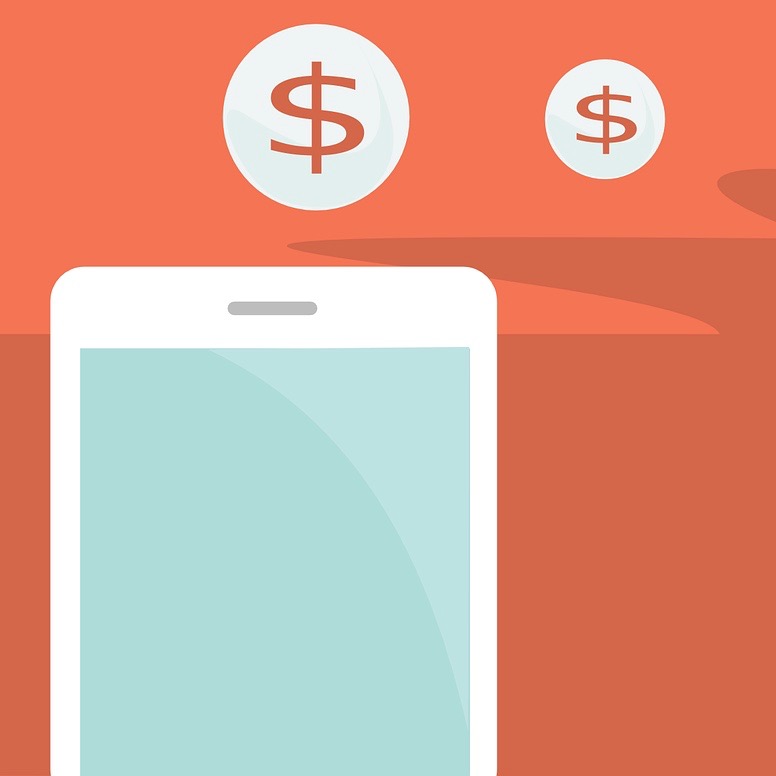One of the most exciting yet oftentimes overlooked advances in digital banking and payment systems has been the “mobile money revolution” that has swept across Sub-Saharan Africa.
Over the past decade, mobile monies like M-PESA – which enable anyone with a simple cell phone to send and receive money as easily as sending a text message for a fraction of the cost of traditional payment services like Western Union and MoneyGram – have revolutionized banking and payment systems in countries like Kenya and Tanzania. Remarkably, nearly half of these country’s GDP flow through mobile money networks today.
The technology has had an especially big impact on the poor and unbanked. Gone are the days where remitting money across the country or opening a savings account required a poor, rural worker to make the long trek into the nearest bank branch and navigate a labyrinth of know-your-customer laws. With a simple flip phone, which virtually every African adult has access to, the full array of banking services can be accessed right from one’s pocket. In a 2016 paper, MIT economist Tavneet Suri estimated that mobile money technology lifted 194,000 Kenyans (roughly 2% of the population) out of poverty by making payments cheaper and quicker and enabling even the poorest Kenyans to open mobile savings accounts.
As great an impact as mobile money has had on these African economies, its benefits thus far have been constrained. In many countries, regulators barred cell phone companies from allowing their customers to send and receive payments from the customers of a rival mobile money service. This limited the circulation of mobile money (if you can only send money to people on your same network, you’re less likely to rely on mobile payments) and, hence, put a damper on the demand for mobile money services.
This past year, however, many of Africa’s largest mobile money operators have been freed. Mobile money can now be transferred between competing networks. This means that, for the first time, Safaricom customers can send money to Airtel customers and vice-versa, further enhancing the attractiveness of using mobile money. Moreover, since many of these telecom companies exist in countries across the continent, the change represents a major steps in the direction of allowing Africans to cheaply send money via mobile money apps anywhere in the continent–much like Venmo and Square Cash customers can send money to anyone in the United States.





